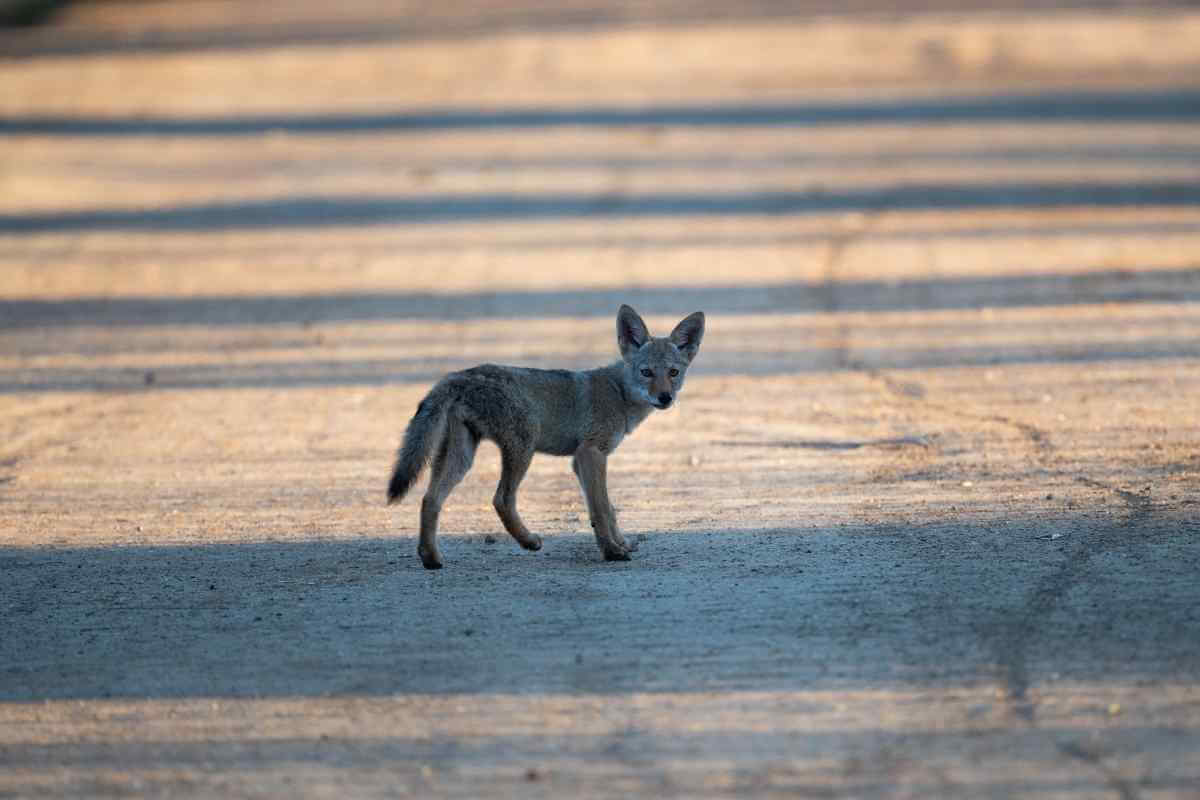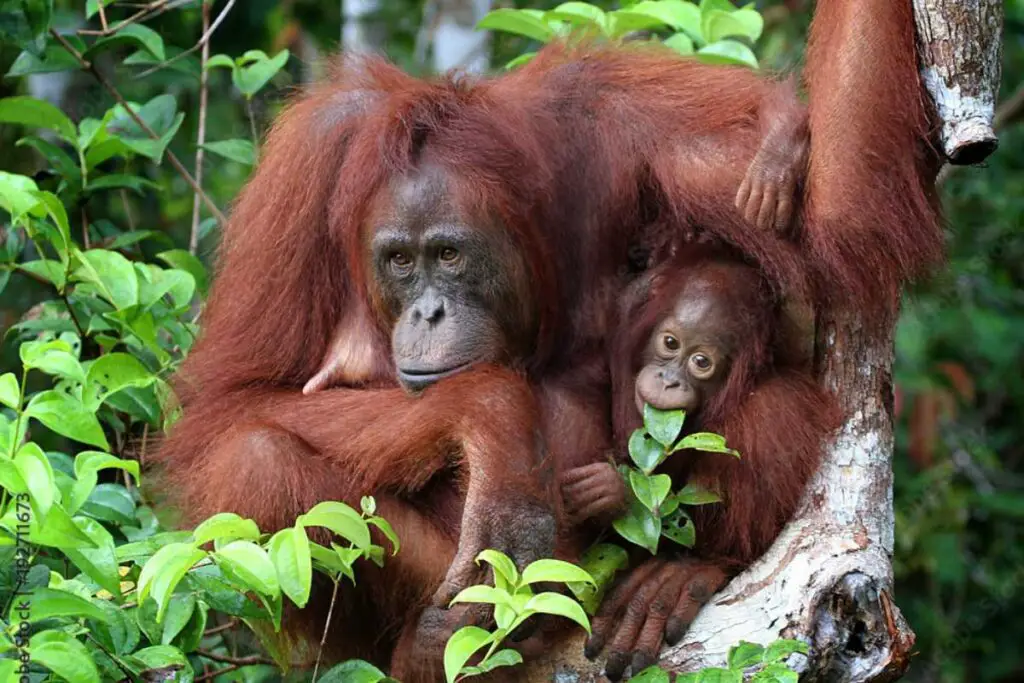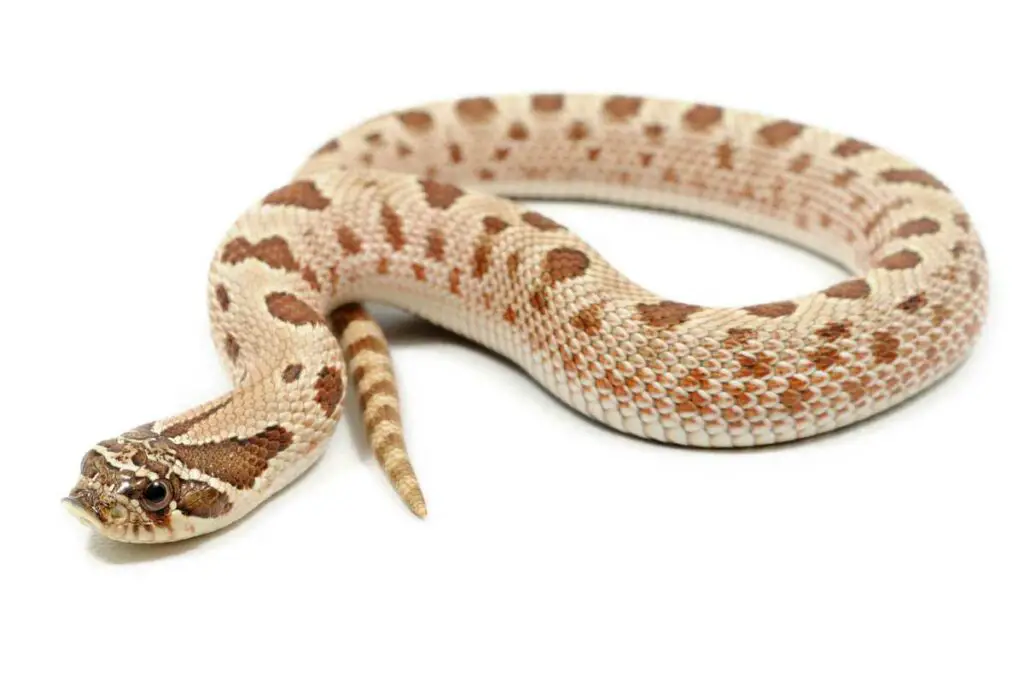People keep some strange animals for pets these days. After all, not everyone is a cat or dog lover.
If you’ve always loved coyotes and you’re considering keeping one as a pet, you’ll likely have some questions that need to be answered first:
- Is keeping coyotes as pets legal?
- Do you need any type of license or permit?
- Are they good with kids?
To be sure, these and other things need to be considered before you go out and get one of these adorable animals for your home.
Simply put, coyotes can indeed be kept as pets and in fact, this is perfectly legal in most states. There are some states that require you to get a permit for them, but they are legal almost everywhere. They do, however, have wild instincts that dogs and cats tend not to have, so your smartest option is to find one as a puppy and train it early so that it’s compatible with your family and household. Orphaned coyote puppies are sometimes easy to find.
Table of Contents
What Are Coyotes Like as Pets?
First of all, coyotes are social animals like dogs, even though they don’t bond with their owners like people are used to.
They are not as docile as dogs are, in part because their wild instincts are a lot stronger.
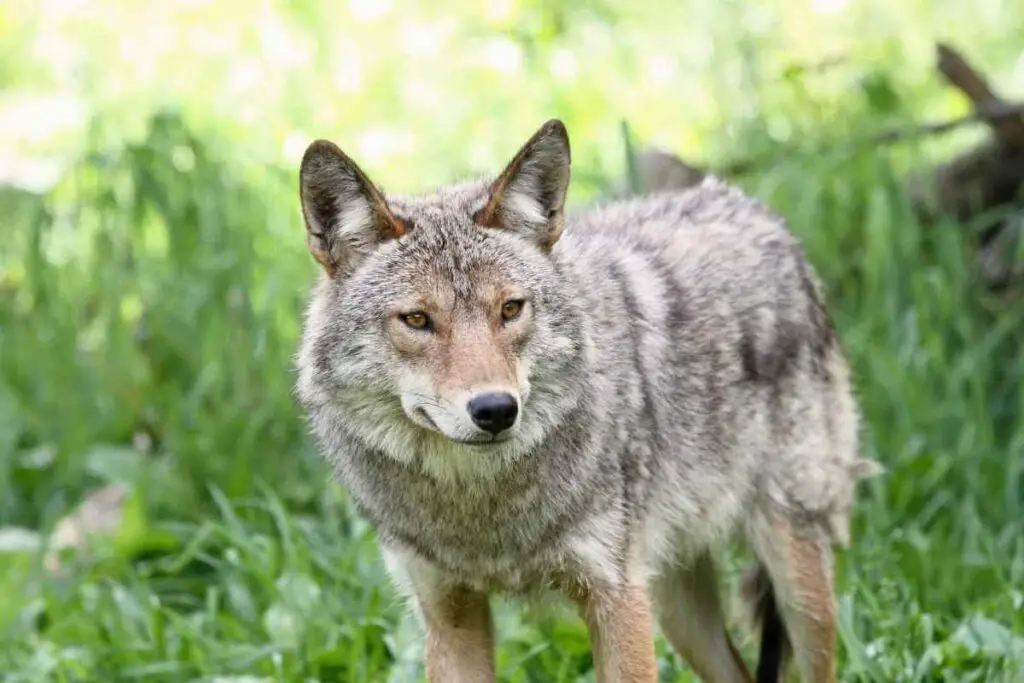
In a lot of ways, coyotes are not nearly as manageable as dogs are, so you can’t expect them to act just the same as your dogs do.
In other words, you can keep a coyote in your home as a pet, but don’t expect it to act just the same as a dog does or you’ll be disappointed.
When they’re in the wild, coyotes are usually afraid of humans and try to avoid them as much as possible. Thanks to changes in the environment, this is changing somewhat, especially if they start to associate humans with food.
But keep in mind that initially, a coyote is a fully wild animal that does not appreciate or fit in with captivity.
Because of this, training your coyote is something that has to be done carefully and correctly, not to mention while the animal is still young.
Some Practical Examples of Coyotes Being Used as Pets
So we’ve determined that you can have a coyote as a pet and even domesticate the animal, even though it won’t exactly act like a dog and become that attached to you.
You need to keep in mind at all times that this is a naturally wild and independent animal, so there are going to be differences between a pet coyote and any other type of pet.
Let’s take a closer look at some of the things that make coyotes as pets a little different:
- For one thing, even if you take a coyote and send it to a training or obedience class, you might not achieve the results you were hoping for.
- Coyotes tend to not recognize their names when being called and they don’t always seem interested in receiving any type of affection, except for when you’re playing with them.
- They can be trained to use a litter box, and unlike dogs, they never seem to run out of energy.
In fact, a coyote’s personality is very much unlike a dog’s, so if you’re expecting to cuddle with a coyote or for him to “act” like a dog, you’ll be disappointed every time.
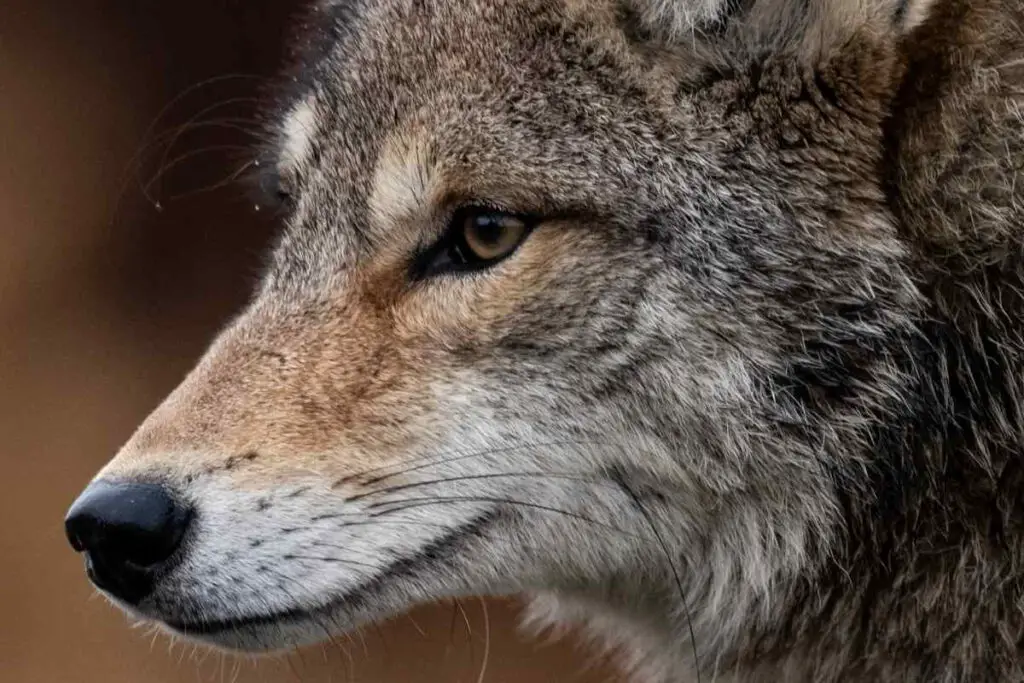
Nevertheless, coyotes can be trained to be tame and interact with the members of your family.
The Good News: Eventually, your coyote will lose its fear of being around humans and will feel comfortable in your home, even though its wild instincts will never completely go away.
The Younger, the Better
As mentioned earlier, the younger the coyote pup is, the easier it is to train him.
With older coyotes, there is an increased risk of them displaying aggressive behavior at some point, especially towards other humans they are not familiar with.
Older coyotes are also more likely to get into trouble with the other furry family members in your home. And these aren’t the only risks you take when adopting a coyote.
Coyotes of all ages, including puppies, can carry certain diseases that you need to look out for.
By nature, coyotes will be very protective of their owners, so even once they get used to you, they often react aggressively towards other humans who they perceive to be a threat to you.
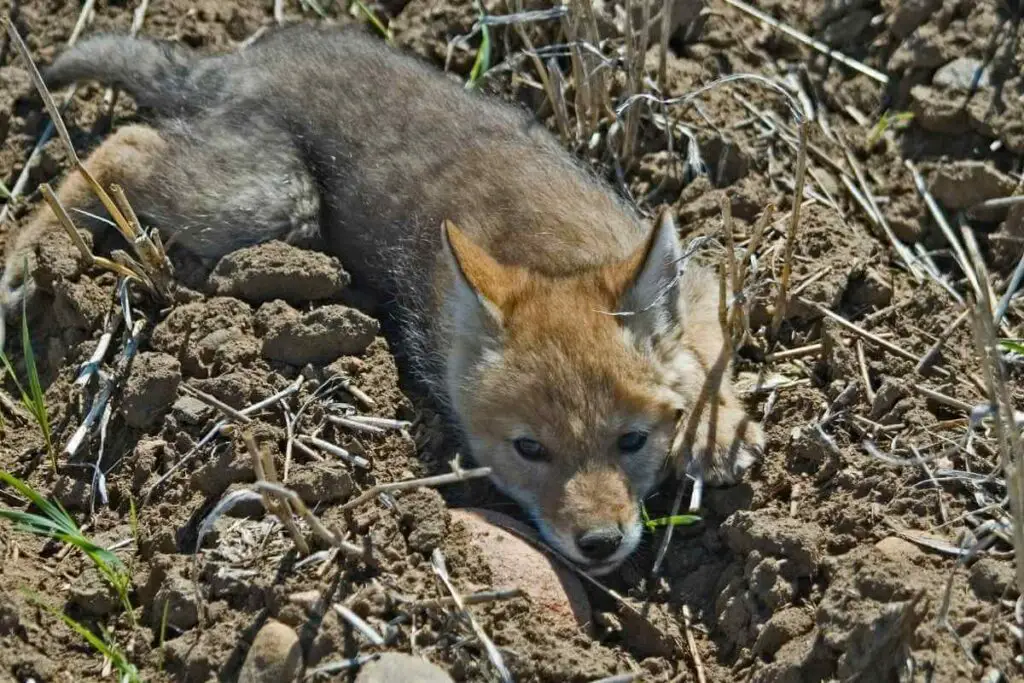
The more used to your family members they are, the more they’ll bond with you and the rest of your family.
Some coyotes sleep with their owners, can be taken for walks on a leash, and do a lot of the things that dogs will do.
This makes them interesting pets if nothing else!
What About the Legalities of Owning a Coyote?
If you’re interested in owning a coyote, you’ll have to check your state laws because each state is different.
Here are some of the laws in some of the states in the U.S.:
- Texas: You need a license to own a coyote because they are classified as dangerous animals just the same as lions and cougars. In some counties, the laws are expanded to include not letting the coyote within 1000 feet of a childcare facility, school, or even a residence.
- Florida: Residents interested in owning a coyote must get a permit and be over the age of 18. They have to either take an exam or show that they have one year of experience taking care of these animals. Residents also have to notify the authorities of all births and deaths.
- Tennessee: Laws are a little on the strict side. There, coyotes are classified as Class I animals, which are considered inherently dangerous to humans. Owners have to be at least 21 years old and have two years of experience in handling wolves, which they consider a coyote to be.
Many states do not specifically mention coyote ownership in any of their laws, which makes the laws in these states a little vague.
These states include California, Ohio, and Oregon, among others. If you live in one of these states, it’s best to call the authorities in your particular county to get more specific information.
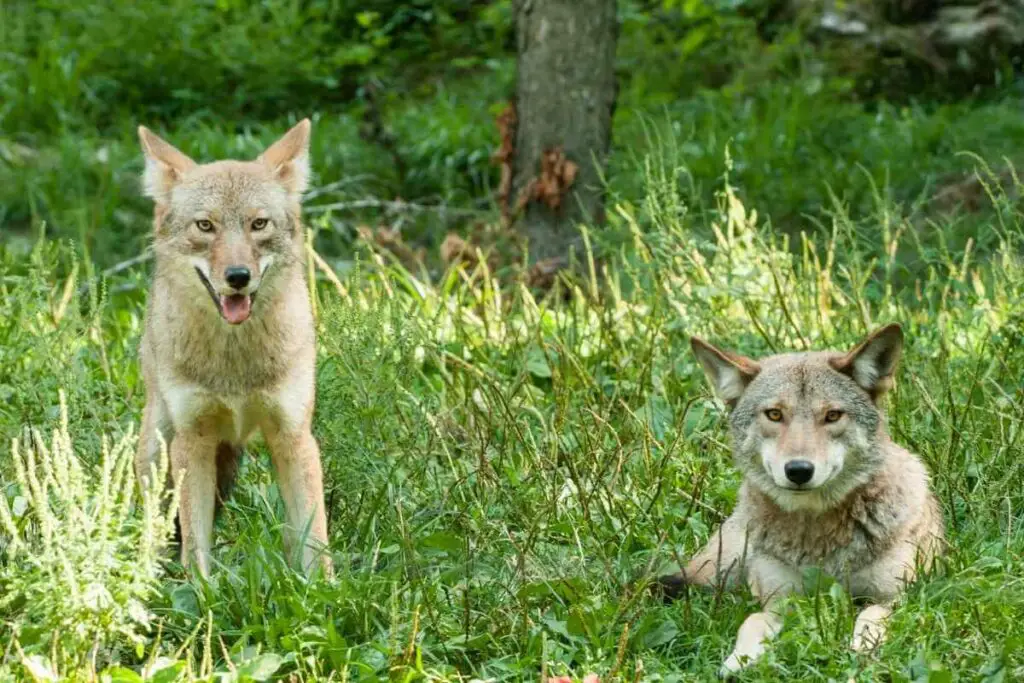
On the other hand, many states, including Kentucky, state that you can in no way own a coyote.
Regardless of where you live, it’s best to check with your county officials if you’re interested in owning a coyote as a pet.
State and county laws can vary, which is why checking with your county is the best thing to do in this situation.
In most places, you’ll find that you can legally own a coyote in your home, although a license or permit may be required.
In addition, coydogs — animals that are a cross between a dog and a coyote — are also legal in some states and illegal in others.
Take Action: While this type of breeding is not that common, it does happen, so again, just check with the officials in your county to become familiar with the laws regarding your coydog.
Conclusion
While coyotes can be kept as pets, it’s best to start training them as puppies so that their traits are well-defined and they can get along with the rest of your family members.
While they may not always act the same as dogs, you are much more likely to successfully own a coyote if you learn as much about them as possible before you go out and find one.

